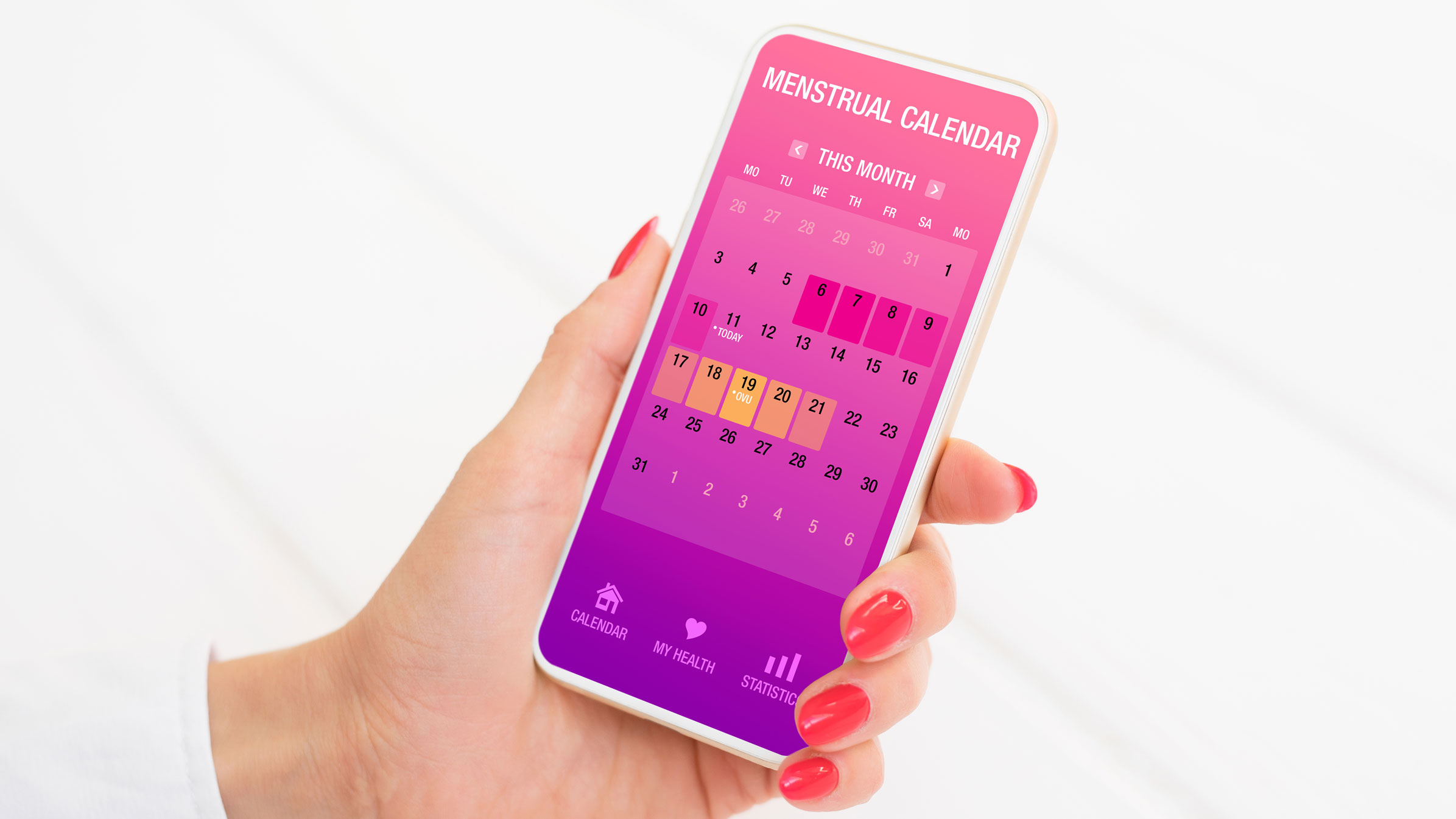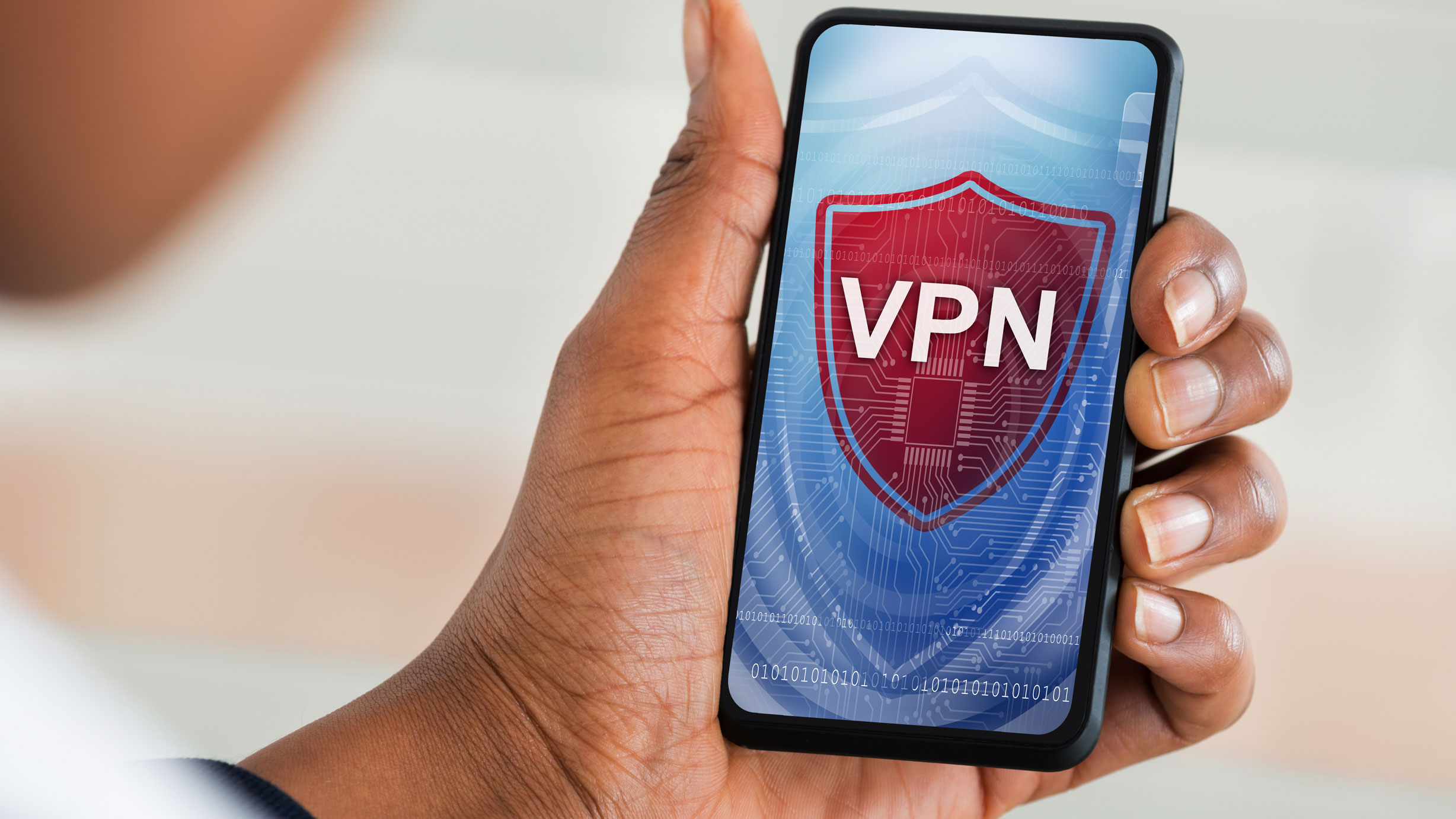4 ways to protect your period tracking data
How to make sure your menstrual cycle stays private

Period tracking is a feature that’s now available on fitness trackers, phones and third-party apps. It’s a useful and sensible feature, but the high-profile overturning of Roe v. Wade in the US has raised an important question: can this period tracking and menstrual data be used against women, and people with uteruses?
Data collected from apps on phones and fitness trackers can be – and has been – used in criminal investigations around the globe. In the US, if abortion is criminalized in your state, there is reason to suspect law enforcement could turn a keen eye to your chosen period tracking service, as many Twitter users highlighted in the fallout following the Supreme Court’s decision. The same, unfortunately, applies to other countries with existing or burgeoning abortion criminalization.
If you are using an online period tracker or tracking your cycles through your phone, get off it and delete your data. Now.May 3, 2022
However, there is no legal precedent on the use of period tracking data to enforce abortion law in the US. Historically, app creators have cooperated and shared user data with law enforcement, but it could be argued that period tracking data may currently fall under the legal right to privacy. It’s simply too early to tell.
Naturally, this significant unknown brings little-to-no comfort for people concerned about their data as the dust settles on this court ruling. It’s important to note there is no guaranteed way to keep yourself entirely private when using any online services, whether shielding your bank data from scammers, or you’re looking for the best way to keep your period tracking private.
But you can do the research and arm yourself as best you can, making it significantly more difficult for people to access your data. With this in mind, we’ve compiled a few ideas to keep your sensitive health information private.
1. Don't skip the basics
There are some core principles to being online that we can all hold our hands up to skipping on occasion, whether it’s password protection, e-mail addresses, or reading the terms and conditions.
When it comes to privacy and security online, these are crucial steps to take, and in the case of period tracking and online activity, this is now especially true.
Sign up for breaking news, reviews, opinion, top tech deals, and more.
Period tracking apps, such as Flo, reportedly shared user information with third parties for several years - namely Facebook and Google. They have since stated this is no longer the case, but it stands to reason that any app requesting third-party data sharing is liable to spread your data. That’s why it is crucially important to read the terms and conditions surrounding your privacy and data before agreeing to anything.
Likewise, protecting your accounts with randomized, complex, and secure passwords will protect your data against malicious actors who may wish to extort or otherwise exploit data from hacked accounts, and using an anonymized email address to register for websites or apps can keep a degree of separation between your data and you.
2. Choose your apps wisely
Even with the best will in the world, reading T&Cs that include legal jargon surrounding your data can be challenging, so a strong second line of defense is to research the app you’re considering before signing up.
The key factors to look out for are found in the business model and the construction of the app. Non-profit apps, for example, are less likely to store activity data, as are paid-for apps which rely less on third-party advertising income. There are also some apps like Tia that are covered by HIPAA, which protects your data from unlawful use and disclosure.
Law enforcement can issue a subpoena for user data to an app developer relatively painlessly. However, issuing a warrant to access an individual’s device for its data is a lot more complicated. So, opting for an app in which your data will be stored locally like Euki is preferable, too.

3. Become more privacy-conscious
We live in an age of unprecedented digital surveillance, a fact we have simply grown accustomed to as our new way of life. However, there are plenty of ways we can limit the amount of data accessible to companies, hackers, and law enforcement.
The most obvious is turning off your location sharing. Generally, limiting or stopping this altogether is preferable, but not always practical, so make sure to pick and choose wisely which apps have location permission on your device. Turning off your ad tracking with your mobile ad identifier also makes you significantly harder to track and keeps your data close to home.
Another measure is using a VPN to obscure your search history from your USP. Swapping out your browser for a more private option is also worthwhile, whether that’s the likes of Firefox Focus or even Tor Browser for the extra-cautious. When searching, using a privacy-focused search engine such as DuckDuckGo will keep you protected from the grubby, data-grabbing hands of Google.
4. Turn to pen and paper
While several period tracking apps have now committed to releasing anonymous modes, the safest option by far, though without the bells and whistles, is tracking your periods in an old-fashioned notebook. Whether it’s on a regular notepad or using a period journal, which are widely available online and can include prompts to encourage you to understand various aspects of your menstruation, good old-fashioned pen and paper worked for many generations before the online age.
If you want more information about protecting your data, we’ve compiled some resources below:

Josephine Watson is TechRadar's Managing Editor - Lifestyle. Josephine is an award-winning journalist (PPA 30 under 30 2024), having previously written on a variety of topics, from pop culture to gaming and even the energy industry, joining TechRadar to support general site management. She is a smart home nerd, champion of TechRadar's sustainability efforts as well and an advocate for internet safety and education. She has used her position to fight for progressive approaches towards diversity and inclusion, mental health, and neurodiversity in corporate settings. Generally, you'll find her fiddling with her smart home setup, watching Disney movies, playing on her Switch, or rewatching the extended edition of Lord of the Rings... again.